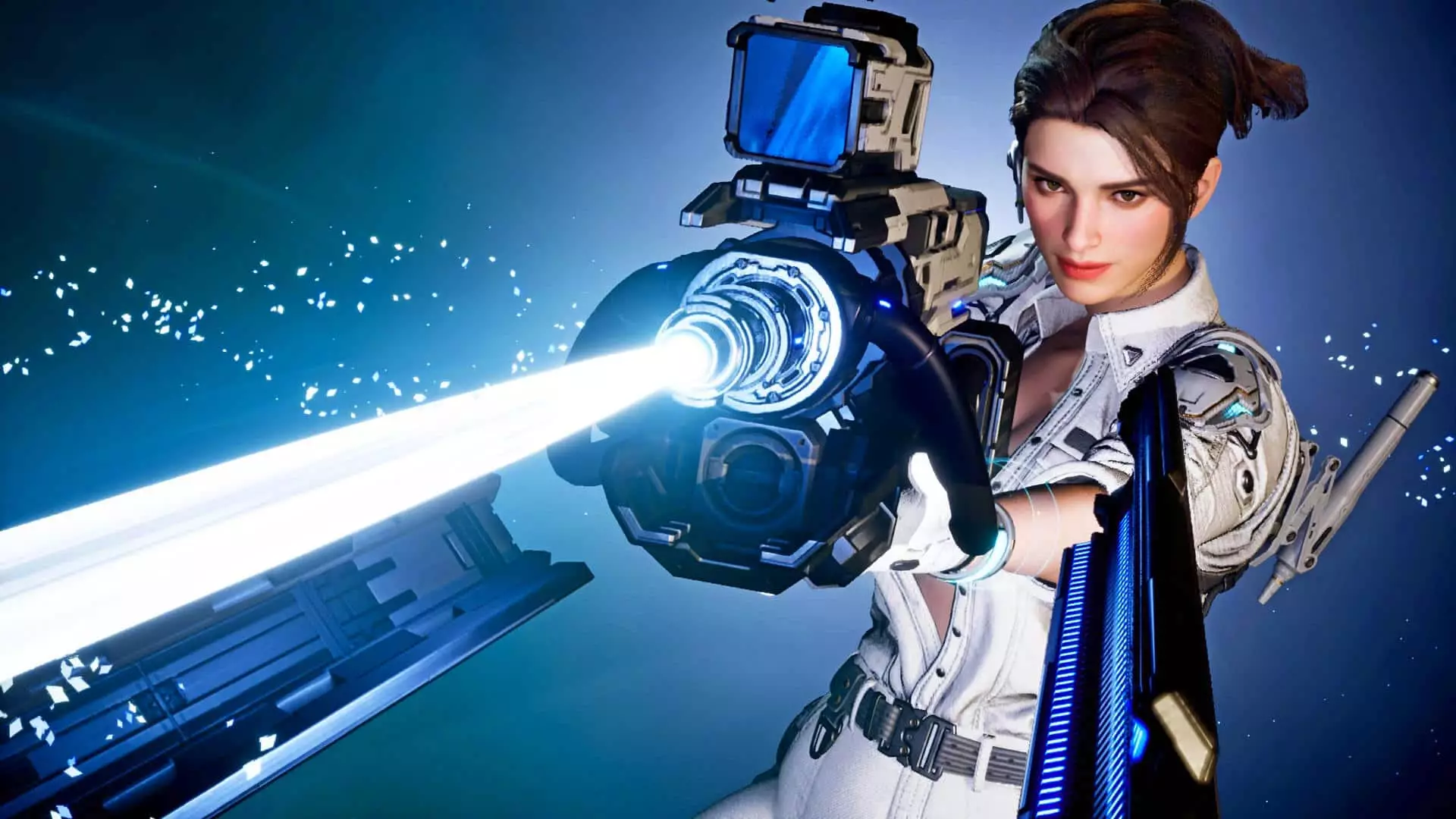In recent years, artificial intelligence has seeped into the fabric of game development and marketing, promising efficiency and innovation. From procedurally generated worlds to automated character design, AI offers developers a chance to push creative boundaries at a fraction of the traditional cost. However, alongside this surge lies mounting controversy about the morality and authenticity of AI-driven content, especially in marketing campaigns that blur the lines between reality and simulation. Using AI to craft advertisements featuring popular content creators without clear consent raises ethical questions that go beyond mere legality—touching on trust, transparency, and respect for influencers’ rights.
The case of The First Descendant’s AI ads offers a stark example. These promotional videos, which seem to depict gameplay footage and involve well-known content creators like DanieltheDemon, have ignited a furor within gaming communities. Many fans question whether these creators authorized such use of their likenesses, fearing exploitation or misrepresentation. Moreover, the ads’ perceived low quality and resemblance to scam-like content have fueled skepticism and distrust. It appears that Nexon, the game’s publisher, may be prioritizing engagement metrics over ethical considerations, a move that risks damaging relationships with both their fanbase and the content creators they might not have properly involved.
Community Backlash: A Reflection of Deeper Concerns
The backlash against these AI-generated advertisements underscores a broader issue of authenticity that resonates deeply with gaming audiences. Fans and community members feel betrayed when their favorite creators are used as marketing pawns without proper acknowledgment or compensation. The comment sections on platforms like Reddit and TikTok reveal frustration not only with the questionable marketing tactics but also with a perceived shift away from genuine community involvement. When users compare the AI videos to scams or fake games, it underscores their suspicion that corporate interests are overriding transparency and integrity.
This entire incident is reflective of a larger distrust in how AI is reshaping industries—particularly entertainment. It raises uncomfortable questions about consent and intellectual property. Should influencers be able to control how their likenesses are used, especially in AI-generated content? Should companies be more transparent about deploying AI in ways that directly affect their audiences? These questions aren’t new, but the rapid acceleration of AI capabilities forces industry players to confront them in urgent and tangible ways.
AI in Development: Boon or Threat?
Beyond marketing, AI’s role in the actual creation of games is a hotly debated topic. Developers are exploring the potential of AI to automate tedious tasks, from designing expansive landscapes to generating dialogue, while critics warn that such efficiencies could come at the cost of human creativity and jobs. Major studios, including Rockstar with their hypothetical GTA 7, are contemplating how AI could drastically cut production costs. This, they argue, could enable bigger projects with fewer resources or open the door to more experimental gameplay experiences.
However, the creative aspects of game development—storytelling, character development, and art—are inherently human. When AI invades these domains, concerns emerge about the devaluation of artistic skills, the homogenization of game narratives, and the erosion of unique creative voices. Moreover, the industry’s workforce fears that AI might lead to layoffs or a narrowing of job opportunities, transforming passionate careers into soulless algorithms. The balance between innovation and exploitation is delicate, and industry insiders need to consider whether AI enhances the craft or diminishes it.
The Ethical Crossroads: Navigating Transparency and Respect
As AI begins to play an even larger role in the gaming ecosystem, the industry stands at an ethical crossroads. Transparency is paramount; consumers and creators must know when AI is used and whether their likenesses or creative inputs are being exploited. Ignoring these principles risks alienating communities, tarnishing brand reputation, and violating personal rights.
Furthermore, game publishers like Nexon are under intense scrutiny for deploying AI in ways that may bypass community engagement or ignore creators’ rights. The choice to promote a game through AI-rendered content without meaningful collaboration exemplifies a shift towards corporate greed at the expense of audience trust. Regulation, public discourse, and industry self-policing are essential to ensure that AI integration respects human dignity, fosters genuine creativity, and upholds the core values that make gaming a beloved art form.
This darker side of AI’s rapid integration demands a more discerning approach from both developers and consumers. Only by addressing these ethical concerns head-on can the industry hope to strike a balance—embracing technological progress without sacrificing integrity, authenticity, or respect for the creative community.

